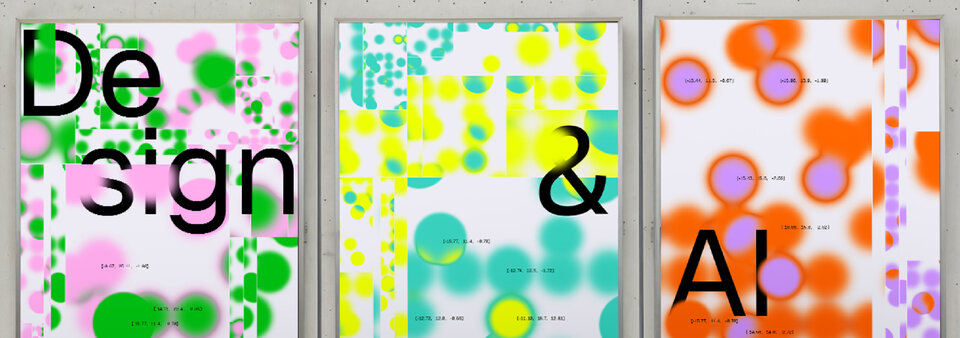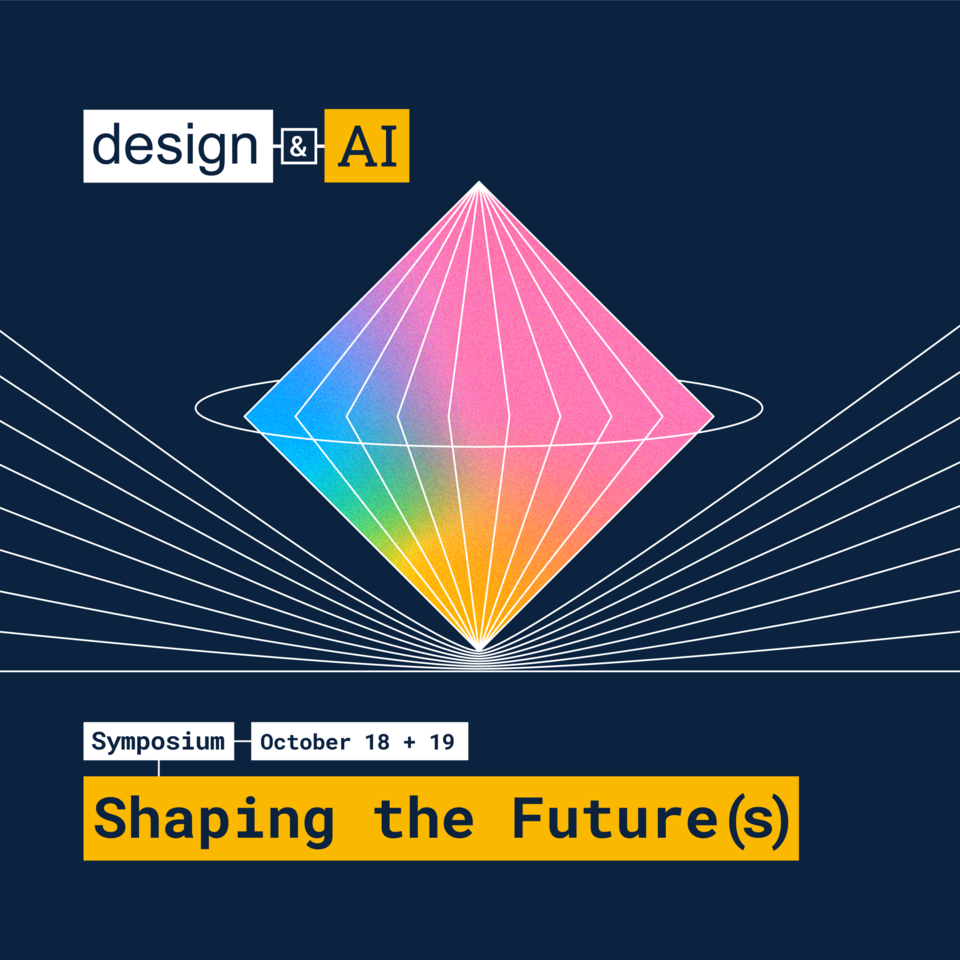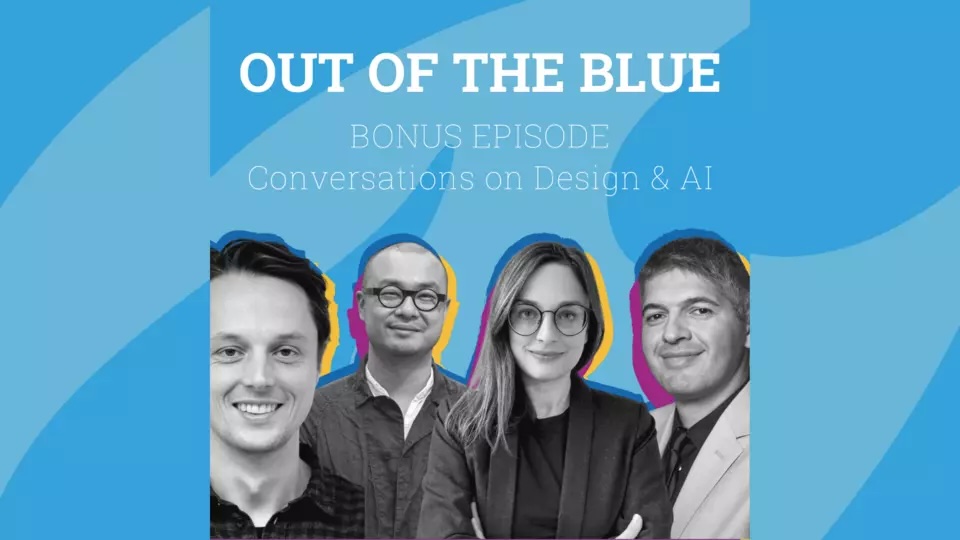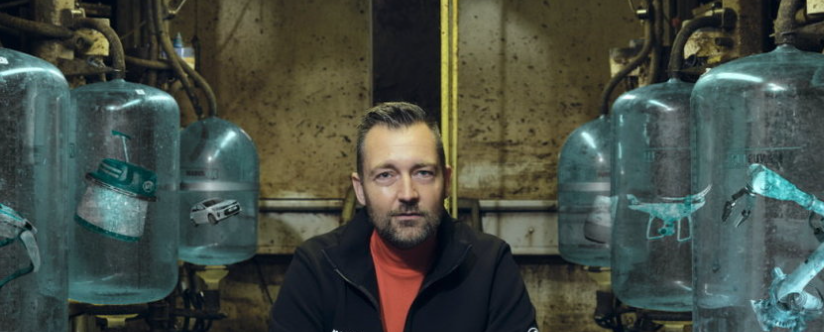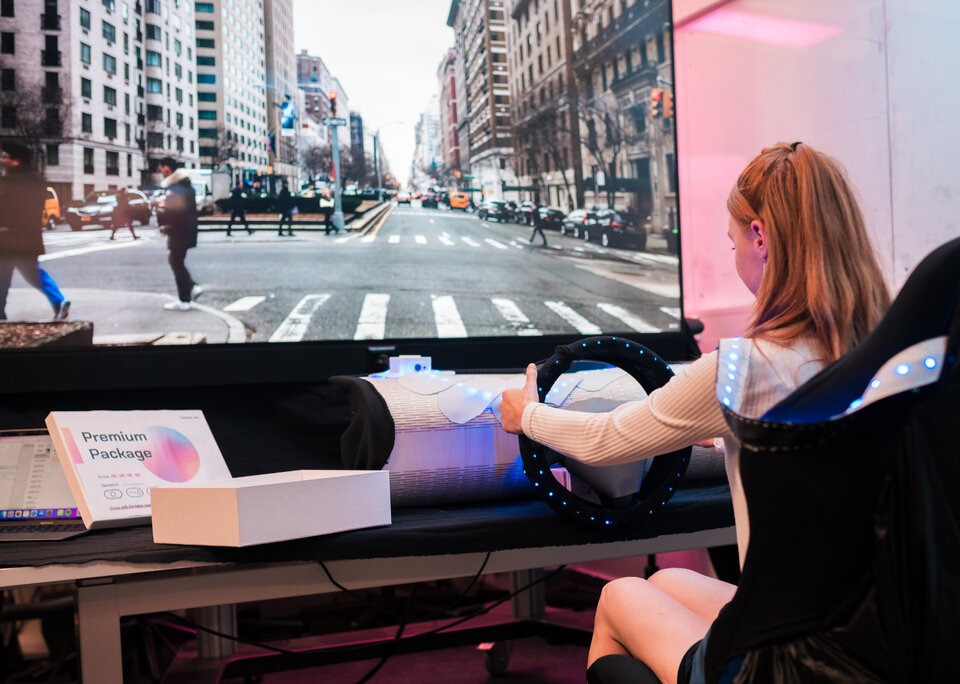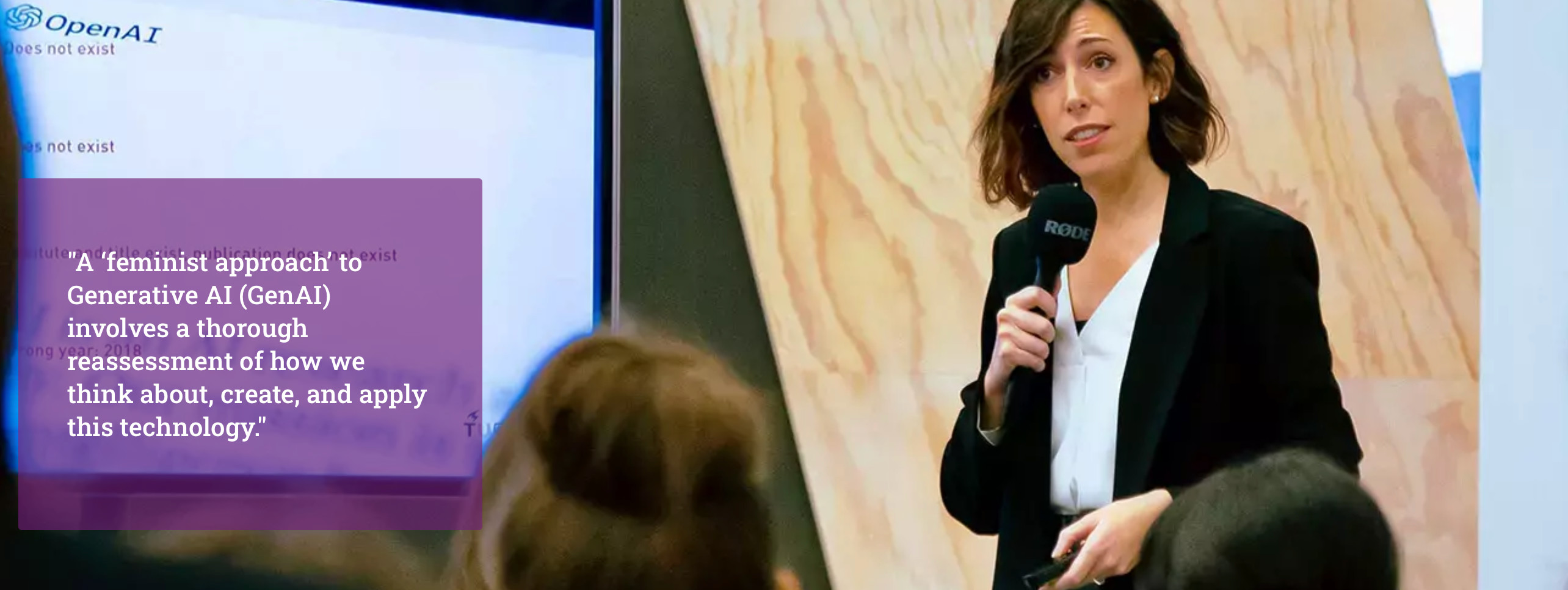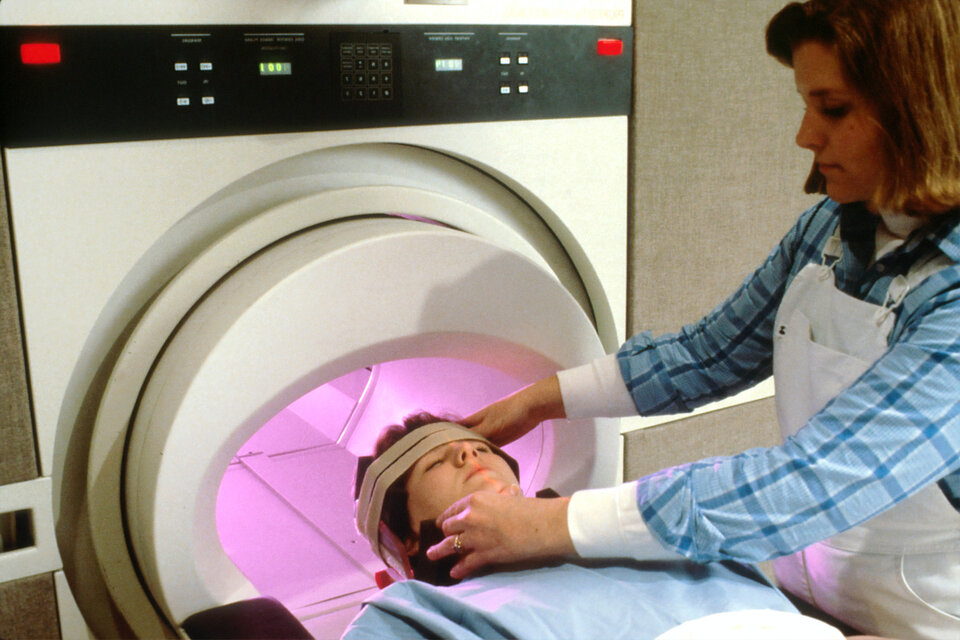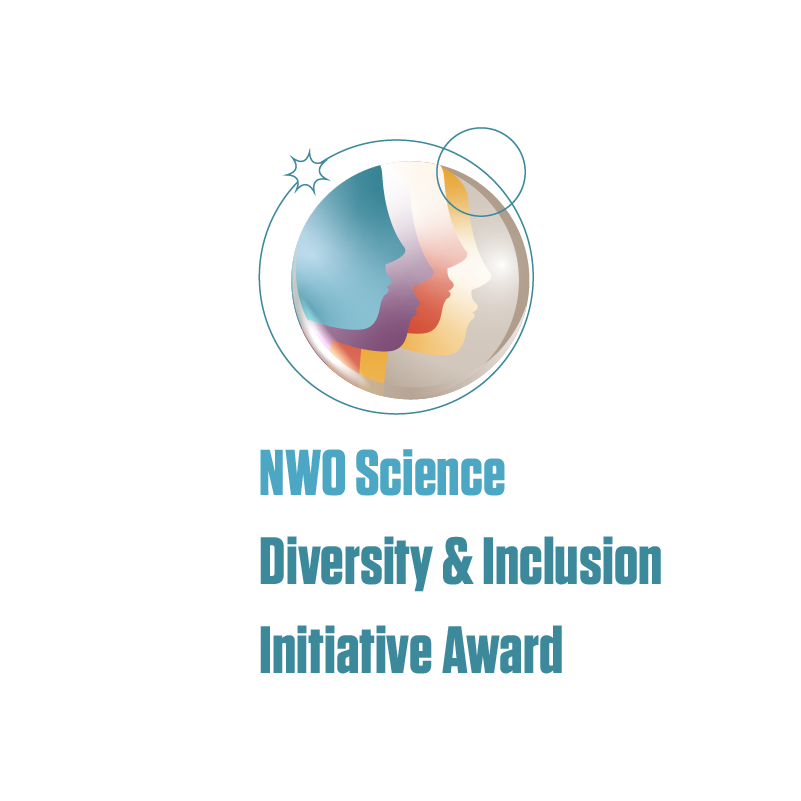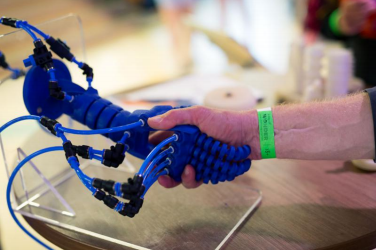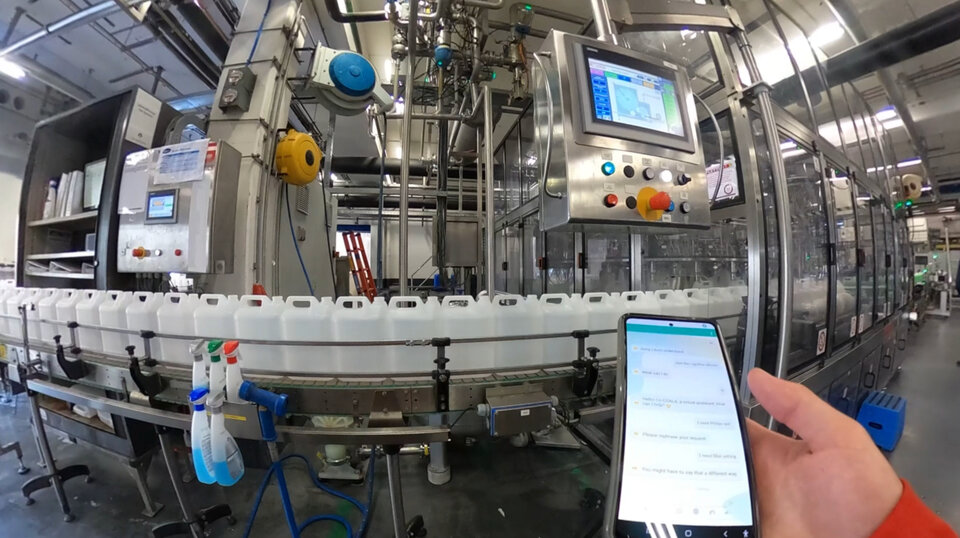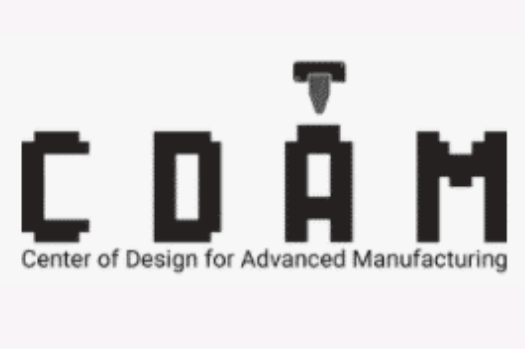Pioneering AI design for society
A holistic and integrated design research approach is crucial for the impact of AI and possible commercial innovation. Delft design researchers incorporate human needs and those of our organisations with the latest developments in technology to translate abstract AI concepts into tangible designs. We work collaboratively with computer scientists and ethics experts, with a focus on real world settings, and develop knowledge and methods for AI in society.
What is Design & AI?
Watch this video and see interviews with our IDE professors along with Elizabeth Churchill (Google), John Zimmerman (Carnegie Mellon University) and more.
Recent developments in Design & Artificial Intelligence
Design & AI Projects
We need to think about AI as a technology built around people, around communities, around society. Conceived from the beginning to exert a positive force on the world. Designers must embrace their role and responsibility as shapers of this future where AI technology is playing an increasingly important role.
Prof. dr. ir. Alessandro Bozzon
Conversations on Design and AI
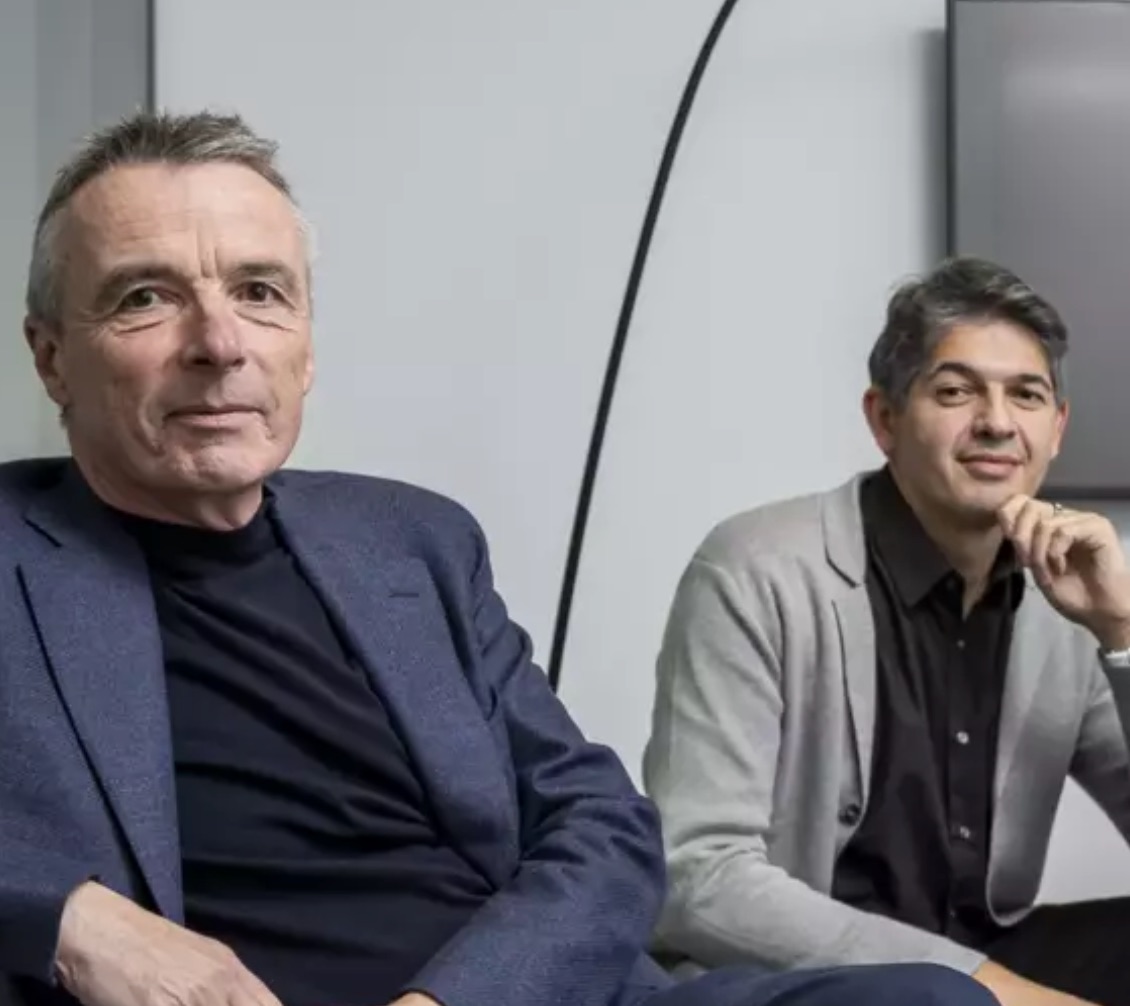
Alessandro Bozzon and Geert-Jan Houben on the relationship between AI and design
“No other technology has changed the world as quickly and intensely as web- and data-driven intelligent systems (AI)”

RESILIENCE & AI: Gerd Kortuem at the 179th Dies Natalis
How do we design AI to develop a resilient society? Watch Professor Gerd Kortuem in conversation with Professor Catholijn Jonker of TU Delft’s Faculty of Electrical Engineering, Mathematics and Computer Science.
In unfolding a future in which computational things are actively implicated in designing, we need to start accounting also for their worldview, and their capacity for responding to human values and aspirations.
Prof. dr. Elisa Giaccardi
Design & AI Research Labs
The AI DeMoS Lab, a part of the Delft AI Initiative, focuses on examining the role of AI in enhancing democratic practices and promoting the responsible development of AI systems to enrich democratic engagement. This collaborative effort between the IDE and TBM faculties, led by coordinators Nazli Cila and Olya Kudina, involves five dedicated PhD students.
The AI Futures Lab addresses the challenges that AI poses to designers. it is complex, entangled, plural and indeterminate, and it changes over time. Harms that can result from poorly designed AI systems are both subtle and large scale, and socio-legal contexts evolve in response to the actions of computational systems. New understandings of rights and justice and flexible responses to a changing world are needed, which at the same time support human agency, human rights, wellbeing and justice.
The Feminist Generative AI Lab is started by the Convergence-programme AI, Data & Digitalisation, and is led by Sara Colombo at the TU Delft. Feminist AI offers a new perspective on the AI industry by challenging the notion that AI design, development, and deployment should be guided by – and should mainly benefit, a limited group of individuals, predominantly from Western male backgrounds. Colombo advocates for other voices in data science and AI. “Only by making other voices heard can we ensure a more fair and equitable development of data science and AI, and the products and services that are built on them.”
At the Human-Robot Interaction Lab, we promote the human-centered development of AI by investigating how to make AI expressive as part of a product’s interactive behaviour and character, how AI can be designed to afford collaborative forms of human-product interaction and how the partnerships such products establish with people over time can be designed to be respectful, reciprocal, and socially appropriate.
Design is important because designers can speculate, they can reflect, they can prototype, they can bring these concepts into physical form and give us something tangible. We can make sure that the things we make really fit people's needs and desires and support human flourishing.
Prof. dr Dave Murray-Rust
Selected Research Publications
By Himanshu Verma, Jakub Mlynar, Roger Schaer, Julien Reichenbach, Mario Jreige, John Prior, Florian Evequoz, Adrien Depeursinge
By Mireia Yurrita, Tim Draws, Agathe Balayn, Dave Murrary-Rust, Nava Tintarev, Alessandro Bozzon - Image concept by Himanshu Verma, execution by DALL-E
Delft Design Projects in Artificial Intelligence
Soft Robotics
Research in soft robotics focuses on the use of soft materials in robotics in order to make them safer and more adaptive. This technology is expected to play an important role in moving robots into people’s daily life. Think about robots that assist in elderly care, soft orthoses, and intelligent soft robotic products such as seats and matrasses.
AI for design and manufacturing
In this project, we will derive new formulations to incorporate additive manufacturing process-dependent critical loads into structural topology optimization, and will develop efficient numerical algorithms for solving the 3D optimization problem.
AI in IDE Education
Bachelor

Bachelor
Digital Product Development
This course introduces designers to the digital knowledge and skills needed to effectively and responsibly engage throughout the design process of digital products and services.
Data
This course is about understanding data, seeing it as a new design material and using it in responsible ways.
Machine Learning for Design
This elective course is to enable design students to mingle, manipulate, and play with machine learning as a digital design material.
Master
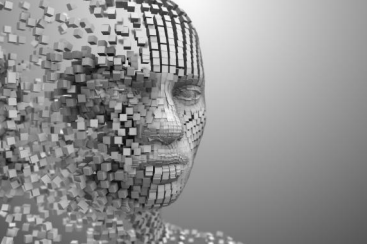
Applied AI Project (CS4320TU)
A good fit for all MSc students of TU Delft who want to gain experience in the application of basic AI methods.
.

